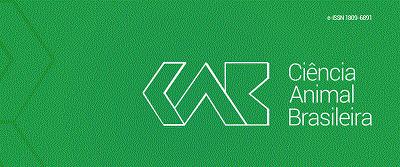Abstract
Two experiments were carried out to evaluate the bioequivalence of a commercial phosphatidylcholine source (Biocholine™) as an alternative to choline chloride and the choline requirements of broilers of a fast-growth strain. In Experiment I, 672 broilers were fed four Biocholine™ levels (0, 100, 200, or 300 mg/kg) and three choline levels (200, 400, or 600 mg/kg) supplied as choline chloride between 4 and 28 days (d) of age. In Experiment II, 462 broilers received diets supplemented with 0, 200, 400, 600 or 800 mg/kg choline as choline chloride. In both experiments, diets were based on white rice, soybean meal, and corn gluten. In Experiment I, birds fed choline chloride presented higher feed intake than those fed Biocholine™. Both choline supplements linearly improved feed conversion ratio (FCR) between 15 and 28 d, but the curves presented different slopes, showing that one unit (U) of Biocholine™ was equivalent to 2.52 U of choline supplied as choline chloride. In Experiment II, the supplementation of choline had a quadratic effect on weight gain (WG) but did not affect FCR. Choline requirements for WG were determined as 778, 632, and 645 mg/kg for 1-7, 1-35, and 1-42 d of age, respectively.
Keywords:
bioequivalence; broiler; fatty liver; nutritional requirements; perosis

